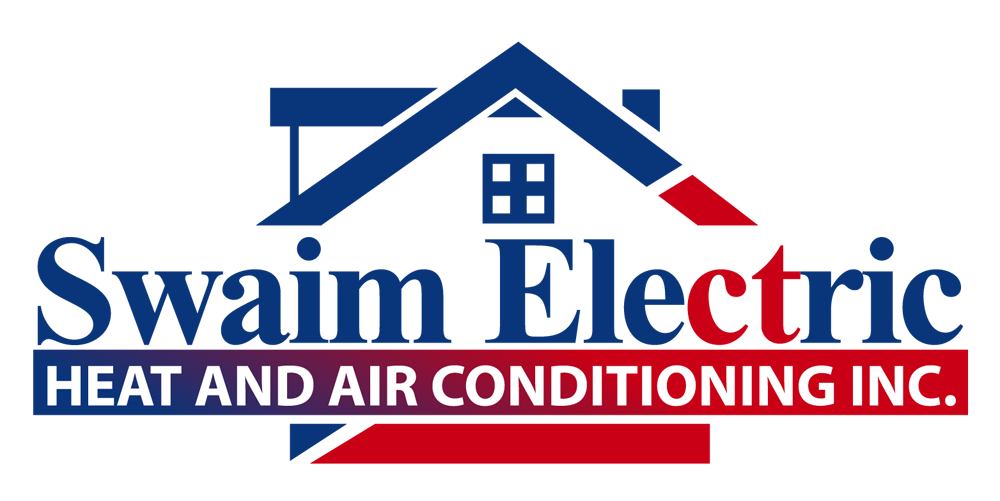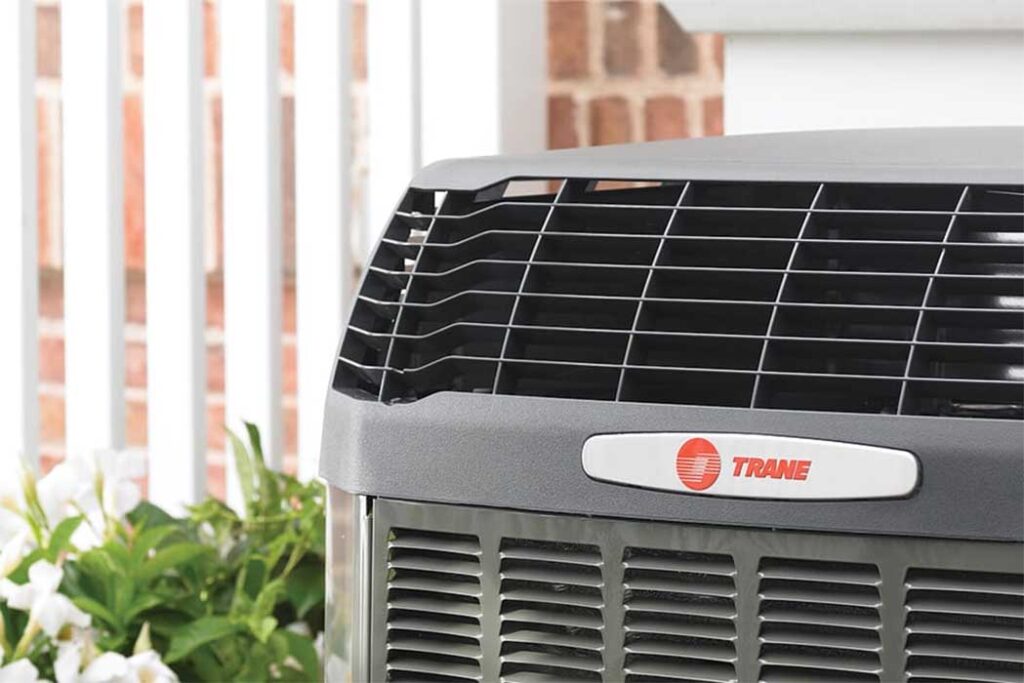Nothing beats stepping into a cool, refreshing home on a sweltering summer day. For homeowners and energy-conscious consumers, choosing the right air conditioner (AC) can make all the difference in comfort, efficiency, and cost savings. But with so many options available, how do you know which one is best for your home? This guide will walk you through the key considerations when purchasing an air conditioner, ensuring you make an informed decision that keeps you cool without breaking the bank.
Understanding Cooling Capacity
What is Cooling Capacity?
Cooling capacity refers to the amount of heat an air conditioner can remove from a room per hour, measured in British Thermal Units (BTUs). It’s an essential factor to consider because an AC that’s too small won’t cool your space effectively, while one that’s too large will cycle on and off too frequently, wasting energy and reducing efficiency.
Calculating Required BTUs
To determine the right cooling capacity for your room, you’ll need to calculate the required BTUs. A general rule of thumb is to allocate 20 BTUs per square foot of living space. For example, a 300-square-foot room would need an air conditioner with a cooling capacity of around 6,000 BTUs. However, factors like ceiling height, insulation, and sunlight exposure can affect this calculation.
Why Proper Sizing Matters
Choosing an air conditioner with the correct cooling capacity ensures optimal performance and energy efficiency. An appropriately sized unit will cool your space evenly without straining the system, leading to lower energy bills and a longer lifespan for your AC.
Prioritizing Energy Efficiency
Importance of Energy Efficiency
Energy efficiency is a top priority for many consumers, especially those who are energy-conscious. Efficient air conditioners consume less electricity, reducing your carbon footprint and lowering your utility bills. Look for units with high energy-efficiency ratings to maximize savings.
SEER and EER Ratings
Two common ratings for measuring an air conditioner’s efficiency are the Seasonal Energy Efficiency Ratio (SEER) and the Energy Efficiency Ratio (EER). The SEER rating measures the cooling output during a typical cooling season divided by the total electric energy input, while the EER rating measures the efficiency at a specific outdoor temperature. Higher SEER and EER ratings indicate better energy efficiency.
ENERGY STAR Certification
When shopping for an air conditioner, look for the ENERGY STAR label. ENERGY STAR-certified units meet strict energy efficiency guidelines set by the U.S. Environmental Protection Agency. These units typically use 10-15% less energy than non-certified models, helping you save money and reduce your environmental impact.
Considering Noise Levels
Why Noise Levels Matter
The noise level of an air conditioner can significantly impact your comfort, especially if the unit is installed in a bedroom or living room. A noisy AC can disrupt sleep, conversations, and overall tranquility in your home.
Decibel Ratings
Air conditioner noise levels are measured in decibels (dB). When comparing units, check the decibel rating to get an idea of how loud each model will be. For reference, a whisper is about 30 dB, normal conversation is around 60 dB, and a lawnmower is about 90 dB. Aim for an air conditioner with a decibel rating between 50-60 dB for quiet operation.
Features to Reduce Noise
Some air conditioners come with features designed to minimize noise, such as variable-speed compressors, insulated cabinets, and quieter fan designs. If noise is a concern, look for units with these features to maintain a peaceful home environment.
Exploring Smart Features
Benefits of Smart Features
Modern air conditioners often come with smart features that enhance convenience and control. These features allow you to manage your AC remotely, optimize energy usage, and customize settings to suit your preferences.
Wi-Fi Connectivity and App Integration
Wi-Fi connectivity allows you to control your air conditioner using a smartphone app. You can adjust the temperature, set schedules, and monitor energy usage from anywhere, making it easy to maintain a comfortable home while saving energy.
Voice Control and Automation
Some smart air conditioners are compatible with voice assistants like Amazon Alexa and Google Assistant. This feature enables hands-free control, allowing you to adjust settings with simple voice commands. Additionally, smart ACs can integrate with other smart home devices for automated routines, such as turning on the air conditioner when you arrive home.
Evaluating Warranties
Importance of a Good Warranty
A comprehensive warranty provides peace of mind and protects your investment. It covers repairs and replacements for specific components, safeguarding you against unexpected expenses.
Types of Warranties
Air conditioners typically come with two types of warranties: a limited warranty on parts and a limited warranty on the compressor. The length and coverage of these warranties can vary by manufacturer. Some brands offer extended warranties for an additional cost, providing even more protection.
What to Look for in a Warranty
When evaluating warranties, consider the duration, coverage, and terms. Look for warranties that cover both parts and labor and check for any exclusions or conditions that may void the warranty. A longer and more comprehensive warranty is generally a sign of a reliable and durable product.
Installation and Maintenance
Importance of Professional Installation
Proper installation is crucial for the performance and longevity of your air conditioner. A poorly installed unit can lead to inefficiencies, higher energy bills, and frequent breakdowns. Hiring a professional ensures the unit is installed correctly and safely.
Regular Maintenance for Optimal Performance
Regular maintenance is essential to keep your air conditioner running smoothly. This includes cleaning or replacing filters, checking refrigerant levels, and inspecting the unit for any signs of wear and tear. Routine maintenance can prevent costly repairs and extend the life of your AC.
DIY Maintenance Tips
While some maintenance tasks should be left to professionals, there are a few things you can do yourself to keep your air conditioner in top shape. Clean or replace the air filter every 1-3 months, remove debris from around the outdoor unit, and check the thermostat settings regularly. These simple steps can improve efficiency and ensure consistent cooling.
Choosing the Right Air Conditioner for Your Home
Central Air Conditioning
Central air conditioning systems are ideal for cooling large homes or multiple rooms. They provide consistent and even cooling throughout the entire house. However, they require ductwork and a higher initial investment.
Window Units
Window air conditioners are a cost-effective option for cooling individual rooms. They are easy to install and remove, making them a popular choice for renters. While they may not offer the same level of efficiency as central systems, they are perfect for smaller spaces.
Portable Air Conditioners
Portable air conditioners offer flexibility and convenience. They can be moved from room to room as needed, providing targeted cooling wherever you need it. However, they can be noisier and less efficient than window or central units.
Comparing Energy Costs
Understanding Energy Consumption
The energy consumption of an air conditioner depends on its size, efficiency, and usage patterns. Larger units and those with lower efficiency ratings will consume more electricity, leading to higher energy bills.
Calculating Operating Costs
To estimate the operating costs of an air conditioner, consider its power consumption (measured in kilowatts) and the local electricity rates. Multiply the power consumption by the number of hours the unit runs each day and the cost per kilowatt-hour to get a rough idea of your monthly energy costs.
Tips for Reducing Energy Costs
To keep energy costs in check, set your thermostat to the highest comfortable temperature, use ceiling fans to circulate air, and maintain your air conditioner regularly. Additionally, consider investing in energy-efficient models with high SEER and EER ratings.
Environmental Impact and Sustainability
Energy Efficiency and Carbon Footprint
Energy-efficient air conditioners consume less electricity, reducing your carbon footprint and contributing to a more sustainable environment. By choosing units with high-efficiency ratings, you can minimize your impact on the planet.
Environmentally Friendly Refrigerants
Some air conditioners use refrigerants that are harmful to the environment. Look for units that use eco-friendly refrigerants, such as R-32 or R-410A, which have lower global warming potential (GWP) and ozone depletion potential (ODP).
Supporting Sustainable Practices
When purchasing an air conditioner, consider brands that prioritize sustainability and environmentally friendly practices. Manufacturers that focus on reducing waste, using recycled materials, and promoting energy efficiency contribute to a greener future.
Making an Informed Decision
Research and Compare Models
Before making a purchase, research and compare different air conditioner models. Consider factors such as cooling capacity, energy efficiency, noise levels, smart features, and warranties. Read customer reviews and seek recommendations from friends or family to find a unit that meets your needs.
Consulting with a Professional
If you’re unsure about which air conditioner is best for your home, consult with a professional HVAC technician. They can assess your space, provide recommendations, and ensure proper installation. Their expertise can help you make an informed decision and avoid potential pitfalls.
Budget Considerations
Finally, consider your budget when choosing an air conditioner. While it’s important to invest in a high-quality unit, there are options available at various price points. Factor in the initial cost, operating expenses, and potential energy savings to find a unit that offers the best value for your money.
Swaim Electric: Your Trusted HVAC Partner
Choosing the right air conditioner is a significant decision that impacts your comfort, energy bills, and environmental footprint. By considering factors such as cooling capacity, energy efficiency, noise levels, smart features, warranties, and maintenance, you can make an informed choice that suits your needs. Remember to research and compare models, consult with professionals, and prioritize sustainability to ensure a comfortable and eco-friendly home.Ready to install the perfect HVAC system for your home’s needs? Swaim Electric is a proud Trane Comfort Specialist dealer, offering top-of-the-line air conditioning solutions for optimal performance and energy efficiency. With financing and low monthly payments available, we make it easy to enjoy a cool and comfortable home all year round. Contact us today to schedule a consultation and start enjoying cool, comfortable summers with peace of mind.


